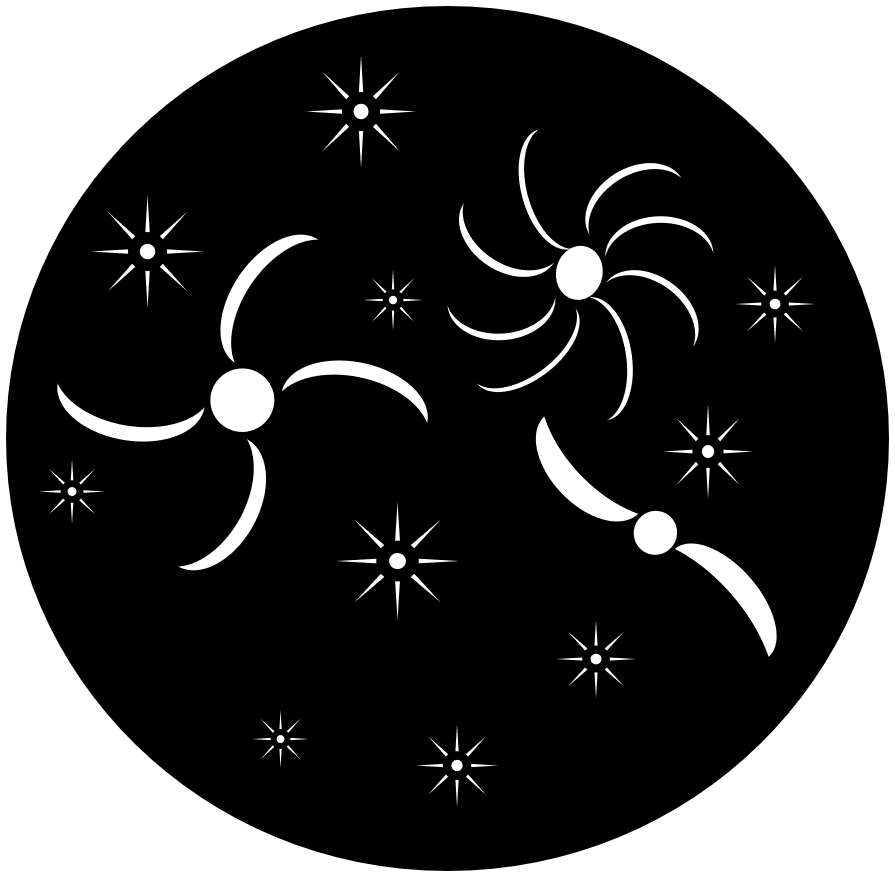
It might be cynical of me, but there are certain books that have remained classics and are considered seminal texts through the centuries not because of anything spectacular about the texts themselves, but rather because of how general they are. Sun Tzu’s The Art of War is probably the most extreme case of this; its continued relevance is more a factor of the infinite number of ways that people have interpreted throughout the years what is really a collection of immensely vague axioms and maxims. That, and it is eminently quotable; my brother described it as “a book of memes hundreds of years before memes were a thing.” I was a little worried, going into my reading of Aristotle’s The Art of Rhetoric, and subsequently The Poetics, that these classic texts might also fall into that category, where they are lauded for their continued relevance mostly because they are so general that they can hardly fail to be relevant.
I’m pleased, therefore, that I can resoundingly report that not to be the case. Indeed, I would argue that you would be hard-pressed to find a modern nonfiction piece or textbook on the topic of rhetoric and dialectic as specific and immediately useful as Aristotle’s The Art of Rhetoric (the only nonfiction text I’ve read recently that even comes close in the level of specificity would be one I read about logical fallacies a couple of years ago). Nor does The Art of Rhetoric confine itself merely to the techniques of argument and persuasion; it drills deeply into how to think logically (and thereby construct a logical argument) with techniques like enthymeme and syllogism, and it ranges into concepts of morality and more general philosophy.
Though I have studied logic and argument with some diligence, I still was able to glean new insights and learn new techniques (and a more rigorous understanding of broader dialectic) from reading Aristotle’s piece. Perhaps more interesting, though, were the insight on human nature and behavior that have changed little, if at all, in the intervening centuries between Aristotle’s time and today. For instance, in one section he describes the tendencies of youth, and of the elderly, which align quite accurately with the gripes of both categories towards the other in today’s society. Or there’s his observation that some persons will tend to assume that an event A causes event B, simply because it precedes or is concomitant with event B – in other words, even in ancient Greece, people failed to understand the difference between correlation and causation. My favorite observation might be where he continues on this theme to say “this is especially true of politicians,” which definitely has not changed today.
As much as I poke fun of the volume of footnotes in some of these older texts (like the Babur-Nama), I could have used a few footnotes in The Art of Rhetoric; Aristotle is fond of referencing exchanges between his contemporaries, or current events, as examples of his points, without any accompanying explanation. While I consider myself decently familiar with the historical context (after reading things like Herodotus’s Histories and all of Xenophon’s works), I am not familiar enough to know what Amadycius said to Mixidemides in that one conversation on the street corner the other day. Having some footnotes to explain these more obscure references would have been helpful.
As a quick note, you will be pleased to know that I will not be subjecting you to months worth of posts of Aristotle books; I’m just reading this one, and The Poetics. Someday, I will get around to reading other books from my collected works of, but that day is not today, and I think splitting them up, unlike I did with Xenophon’s collected works, will be better for everyone involved.
It’s always interesting to read these older works and think what texts from today will remain relevant and useful a thousand years from now. As much as I work with timescales of millions and billions of years when I’m looking at astrophysics, a thousand years of human history is an almost unfathomable amount of time. So much will have changed in a thousand years that it’s almost impossible to know what will be relevant then. I know I will never have to prove it, but I think Aristotle’s The Art of Rhetoric will still be useful and relevant in another thousand years. Whether or not anyone will still be reading it is a different question, but one that you can help answer. I hope you consider reading The Art of Rhetoric soon.

13 thoughts on “Art of Rhetoric Review”